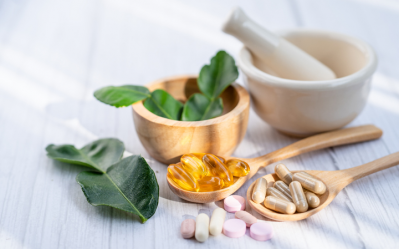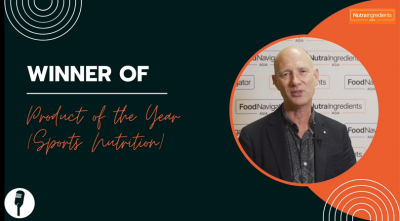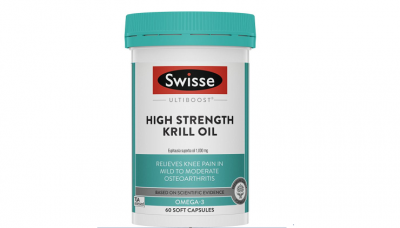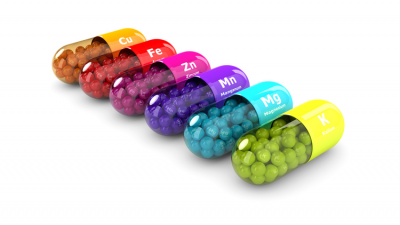Vitafoods Asia 2023
Good opportunities: South East Asia poised for krill oil growth in next three years, says Aker BioMarine
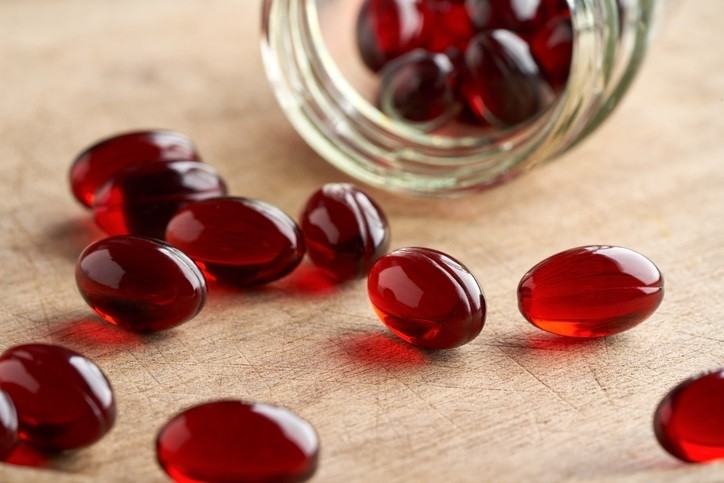
Within Asia-Pacific, the Norwegian firm noticed that the North Asia and Oceania markets have developed a greater understanding of krill oil’s benefits over the years and the trend is likely to be replicated in the South East Asian (SEA) countries in the upcoming years.
Speaking to NutraIngredients-Asia at Vitafoods Asia held in Bangkok on September 20 to 22, Ross Norris, who took on the role of general manager, Asia Pacific, in July, spoke about the firm’s strategies in further growing the market.
“We will identify markets that have good krill oil value proposition. This means that the consumers are health conscious and there is sufficient economic strength in the market,” he said.
Following years of market education, Japan, South Korea, and China are currently leading the APAC region in terms of consumer understanding of krill oil, while Australia and New Zealand have also witnessed fast growth in the recent one to two years.
Earlier, it was reported that more Chinese consumers are consuming krill oil for anti-ageing.
On the other hand, Australia’s krill oil market growth has outpaced that of the entire complementary medicine market.
As of mid-2023, krill oil saw a 7.2 per cent growth in market value while the entire complementary medicine market grew at 1.4 per cent, Ian Chant, general manager, Aker BioMarine, pointed out.
The growth is driven by the use of krill oil for joint and heart health, with Swisse and brands from Pharmacare launching such products.
There is also a trend of companies formulating krill oil with other ingredients such as glucosamine, gingko, lutein, zeaxanthin, and curcumin.
Chant explained that this was because krill oil could serve as a delivery platform in transporting these bioactives, as its phospholipid structure is compatible with the human cells.
Within South East Asia, Norris believes that Vietnam, Thailand, Indonesia, and Malaysia will present good growth opportunities for krill oil consumption in the next three to five years.
“We will need to understand the likely adoption curve, and so, it is not just about understanding the GDP and consumer spending power in these markets, but also the regulatory system, approval process, and how much are consumers aware of krill oil,” he said.
The Philippines, for example, is one of the markets that currently has little knowledge of krill oil, as compared to the aforementioned SEA countries, he pointed out.
Since krill oil is more bioavailable and require a smaller dosage, Chant said that it could also be positioned as a more cost-efficient omega-3 oil.
In addition, a regulatory system that positions krill oil as a high value ingredient will be helpful for market growth, said Norris.
This is seen in the case of Australia, where the regulator’s assessed listed medicine, also known as the AUST L(A) pathway, assesses a product based on its formulation and scientific evidence, and allows companies to enjoy up to five years of protection for new clinical trial information.
Brands such as Swisse, for example, has secured the AUST L(A) or "TGA Assessed" status for its Ultiboost High Strength Deep Sea Krill Oil.
The product has been shown to improve knee stiffness and physical function in individuals suffering from mild to moderate knee osteoarthritis.
Elsewhere in India, the company believes that the krill oil market is still at a nascent stage, although there is still a big, long-term opportunity that requires market cultivation in the long run.
Krill oil for women’s health
Aker BioMarine will be conducting research on krill oil’s benefits for women’s health for an upcoming study in Japan.
Although its exact functions are yet to be determined, Chant said that the fundamental premise was based on krill oil’s effects at the cellular level and how it could increase omega-3 levels in the body.
The firm will also conduct research related to healthy ageing, including joint and heart health, in Japan.
